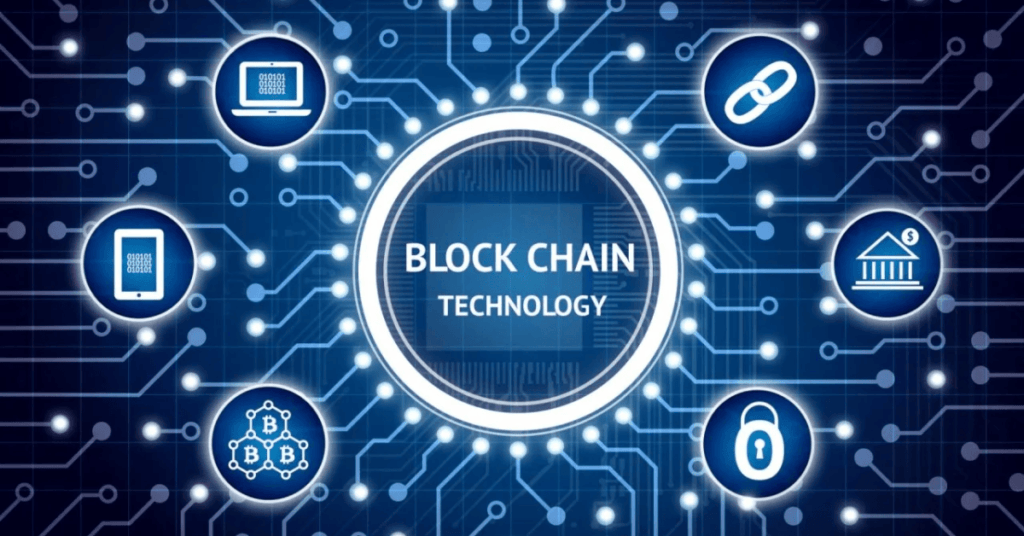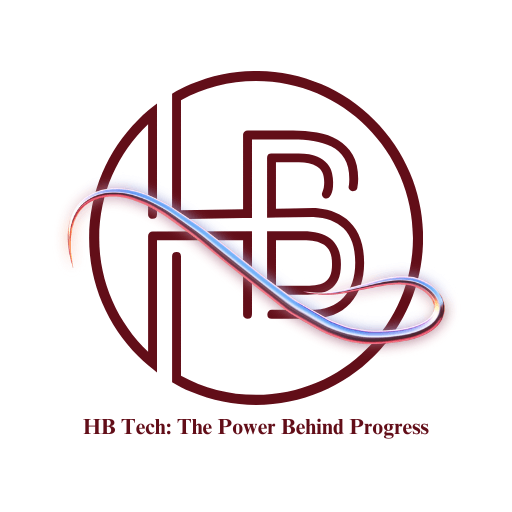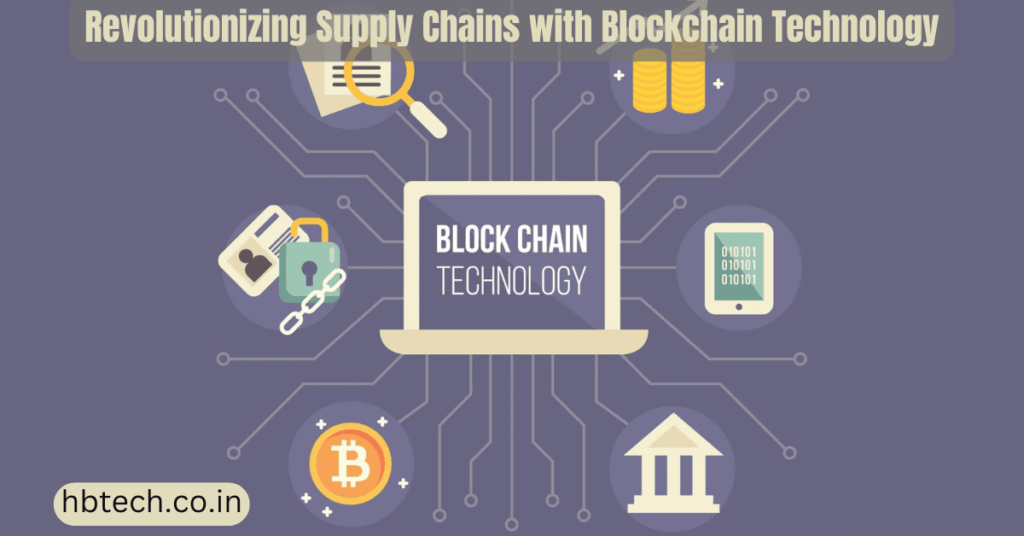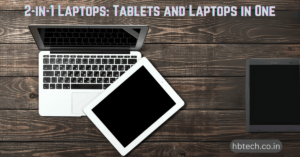Supply chains are becoming more complicated as businesses grow and connect globally . Managing these networks can be a tough job, with challenges like lack of transparency, counterfeit products, and inefficiencies. That’s where blockchain technology comes in. Blockchain is changing the way supply chains work by providing better visibility, trust , and efficiency. Here’s a simple look at how blockchain is improving supply chains, using some key trends shaping the industry.

Bringing Transparency to Supply Chains
Blockchain helps supply chains by creating a transparent and secure record of all transactions. Every step of a product’s journey—from raw materials to the customer —is recorded and shared with everyone involved. For example , in the food industry, blockchain can ensure products are safe by tracking their journey through the supply chain. This kind of transparency builds trust with customers.
Decentralized Ledger for Secure Data
A decentralized ledger means no single organization controls the data. Instead, all participants, like suppliers and retailers, have access to the same information. This reduces errors and ensures data is accurate and secure. For industries like pharmaceuticals , where product authenticity is critical, blockchain helps verify that products are genuine.
Smart Contracts for Automation
Smart contracts are digital agreements that automatically carry out actions when specific conditions are met. In supply chains, these contracts can speed up processes like payments or product delivery. For example, when a shipment arrives, a smart contract can automatically release payment to the supplier. This eliminates delays and reduces the need for middlemen.
Traceability for Quality Control
With blockchain, businesses can track every step of a product’s journey. This is called traceability. It’s especially helpful in industries like food, fashion. or electronics, where customers want to know the origin of their products. Companies can prove their goods are ethically made or meet safety standards, building confidence with buyers.
Real-Time Tracking of Goods
By combining blockchain with technology like IoT (Internet of Things), businesses can offer real-time tracking of their shipments. This means they can monitor the location, condition , and status of goods as they move through the supply chain . For instance, logistics companies can ensure perishable goods like fruits or vaccines are stored at the right temperature.
Stopping Counterfeit Products
Counterfeit goods are a big problem for many industries , including luxury goods and medicines. Blockchain solves this by providing authentication solutions. Each product can have a unique digital ID that consumers or businesses can verify using a QR code or app. This makes it much harder for fake products to slip into the supply chain.
Supporting Sustainable Practices
Sustainability is a growing concern for businesses and customers. Blockchain helps create sustainable supply chains by making sourcing and production processes more transparent. For example, clothing brands can use blockchain to prove their products are made with fair -trade materials or meet environmental standards.
Why Blockchain is a Game-Changer for Supply Chains
Blockchain offers many benefits for supply chain management;
- Increased Trust: Transparency helps build trust between businesses and customers.
- Faster Processes: Automation through smart contracts speeds up transactions.
- Less Fraud: Blockchain’s secure and unchangeable records prevent tampering.
- Better Decisions: Real- time data makes it easier to spot problems and find solutions.
Challenges to Overcome
Although blockchain has huge potential, it’s not without challenges:
- High Costs: Setting up blockchain systems can be expensive,
- Scalability: Large supply chains need robust systems to handle vast amounts of data.
- Standardization: Industries need common rules for how blockchain is used.
- Resistance to Change: Some stakeholders might hesitate. to switch from traditional systems.
Next for Blockchain in Supply Chains
Blockchain is still evolving, but its role in supply chains will only grow. New technologies, like AI and IoT, will make it even more powerful. Governments and industries are also exploring how blockchain can improve global trade, making it faster and more efficient.
Blockchain is changing the way supply chains work by improving transparency, boosting efficiency , and ensuring trust. From traceability to real-time tracking, it solves many of the problems traditional systems struggle with. While there are hurdles to overcome, blockchain ’s benefits make it worth the effort.
If you ’re looking to create a supply chain that’s reliable, efficient, and sustainable, blockchain could be the perfect solution. Embracing this technology today will prepare your business for a future where trust and efficiency are non-negotiable.
This article has been simplified for easy understanding and written to ensure originality. Let me know if you’d like further adjustments!
Frequently Asked Questions(FAQs)
What is blockchain in supply chain management?
Blockchain in supply chain management refers to using a decentralized digital ledger to track and record every transaction and movement of goods from start to finish. It ensures transparency, security, and efficiency in the supply chain.
How does blockchain improve supply chain transparency?
Blockchain makes every transaction visible to all parties involved in the supply chain, from manufacturers to retailers. This creates an open and trustworthy record of every step a product takes, allowing for better tracking and verification.
How does blockchain help with traceability in supply chains?
Blockchain enables traceability by recording every step a product takes from production to delivery. This ensures businesses can verify the origin and journey of materials, ensuring quality control and meeting safety or ethical standards.
How can blockchain improve global supply chains?
Blockchain can streamline global supply chains by offering a single, transparent system for tracking goods across borders, reducing paperwork, speeding up processes, and ensuring compliance with international regulations.









